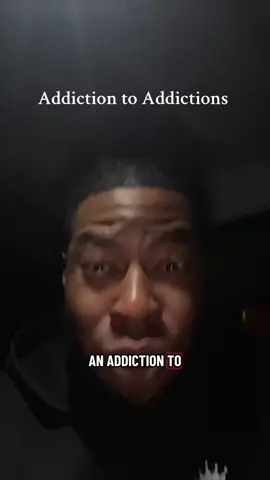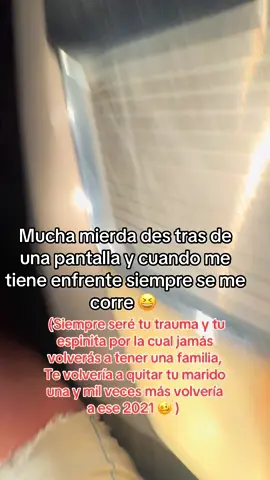amita r
Region: US
Thursday 29 May 2025 21:34:43 GMT
241058
30992
0
1395
Music
Download
Comments
There are no more comments for this video.
To see more videos from user @amita.rada, please go to the Tikwm
homepage.





